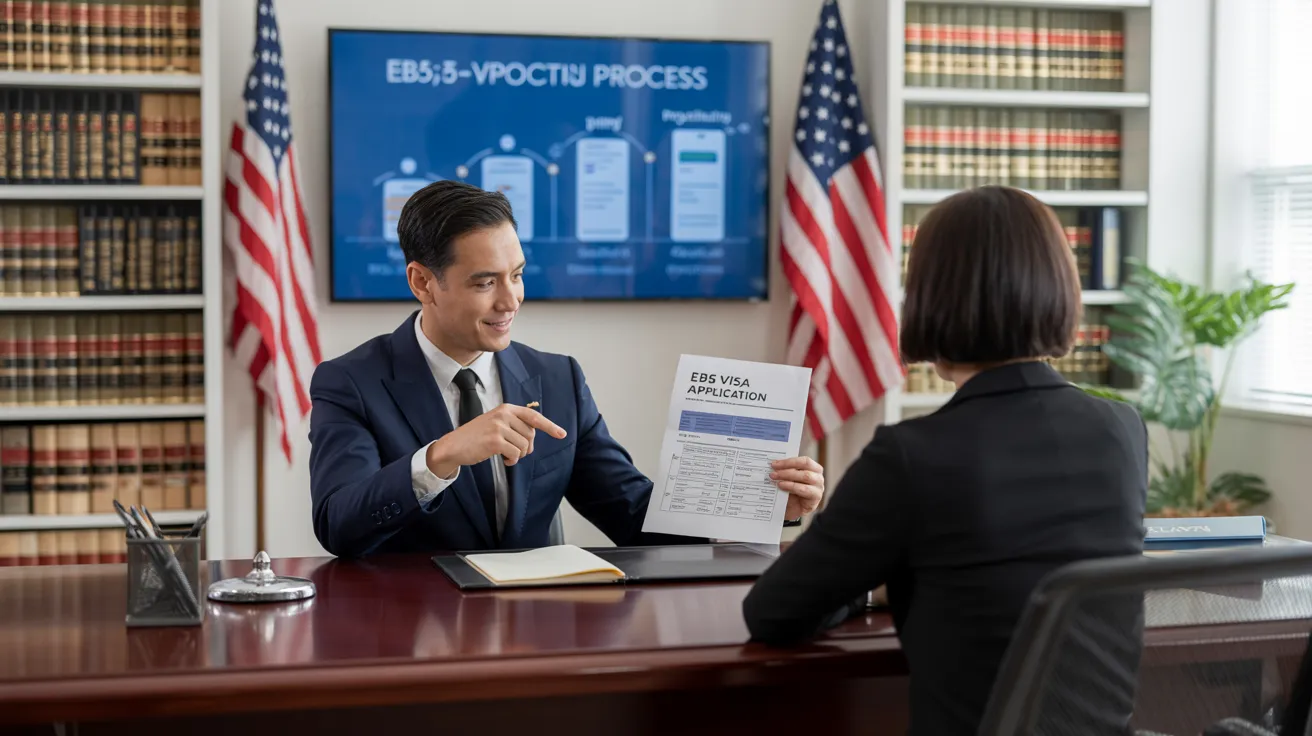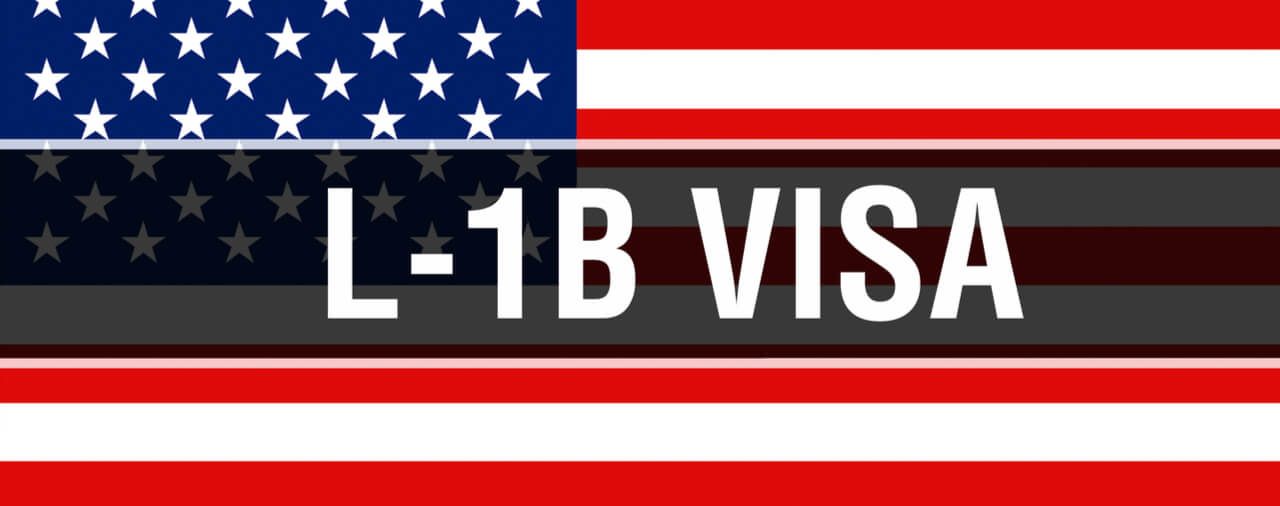The Of L1 Visa
Table of ContentsL1 Visa - An OverviewExamine This Report on L1 VisaThe Buzz on L1 Visa10 Easy Facts About L1 Visa ExplainedThe Buzz on L1 VisaL1 Visa Fundamentals Explained
Readily Available from ProQuest Dissertations & Theses Global; Social Science Premium Collection. DHS Workplace of the Assessor General. Obtained 2023-03-26.
U.S. Division of State. Gotten 2023-02-08. Tamen, Joan Fleischer (August 10, 2013).
Some Known Facts About L1 Visa.
In order to be eligible for the L-1 visa, the international firm abroad where the Beneficiary was employed and the United state firm must have a qualifying connection at the time of the transfer. The different types of certifying relationships are: 1.
Business An owns 100% of the shares of Business B.Company A is the Moms And Dad and Firm B is a subsidiary. There is a certifying connection between the two firms and Company B need to be able to sponsor the Recipient.
Instance 2: Firm A is integrated in the U - L1 Visa.S. and wishes to request the Recipient. Company B is included in Indonesia and employs the Recipient. Business A possesses 40% of Company B. The staying 60% is owned and managed by Company C, which has no relationship to Company A.Since Firm A and B do not have a parent-subsidiary partnership, Firm A can not sponsor the Recipient for L-1.
Example 3: Business A is incorporated in the united state and wants to petition the Beneficiary. Business B is included in Indonesia and uses the Beneficiary. Business An owns 40% of Business B. The staying 60% is had by Firm C, which has no connection to Business A. Nonetheless, Company A, by official agreement, controls and complete takes care of Company B.Since Firm A possesses much less than 50% of Company B but manages and regulates the firm, there is a certifying parent-subsidiary connection and Business A can fund the Beneficiary for L-1.
The Best Guide To L1 Visa
Business B is included in the U.S.
How L1 Visa can Save You Time, Stress, and Money.

The L-1 visa is an employment-based visa category developed by Congress in 1970, permitting multinational business to move their managers, execs, or vital employees to their united state procedures. It is commonly referred to as the intracompany transferee visa. There are 2 primary types of L-1 visas: L-1A and L-1B. These kinds are ideal for employees hired in different positions within a business.

Additionally, the beneficiary should have operated in a managerial, executive, or specialized staff member position for one year within the 3 years preceding the L-1A application in the international firm. For brand-new workplace applications, foreign work needs to have been in a managerial or executive capacity if the beneficiary is involving the United States to function as a supervisor or executive.
Not known Incorrect Statements About L1 Visa

If approved for an U.S. business operational for greater than one L1 Visa attorney year, the first L-1B visa is for approximately 3 years and can be prolonged for an extra two years (L1 Visa). On the other hand, if the united state business is recently established or has been operational for much less than one year, the first L-1B visa is released for one year, with expansions available in two-year increments
The L-1 visa is an employment-based visa category established by Congress in 1970, allowing multinational firms to transfer their managers, execs, or key personnel to their U.S. operations. It is commonly referred to as the intracompany transferee visa.
L1 Visa Fundamentals Explained
Furthermore, the recipient has to have functioned in a supervisory, executive, or specialized employee position for one year within the 3 years preceding the L-1A application in the international firm. For new office applications, international work has to have been in a supervisory or executive capability if the beneficiary is coming to the USA to work as a manager or exec.
for as much as seven years to oversee the operations of the united state affiliate as an executive or supervisor. If provided for a united state business L1 Visa process that has actually been functional for more than one year, the L-1A visa is at first approved for as much as 3 years and can be prolonged in two-year increments.
If granted for an U.S. company functional for greater than one year, the first L-1B visa is explore your L1 Visa for approximately 3 years and can be prolonged for an additional 2 years. Conversely, if the U.S. business is recently established or has actually been operational for less than one year, the initial L-1B visa is issued for one year, with extensions offered in two-year increments.